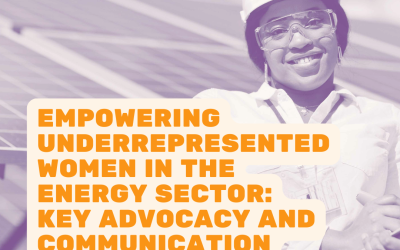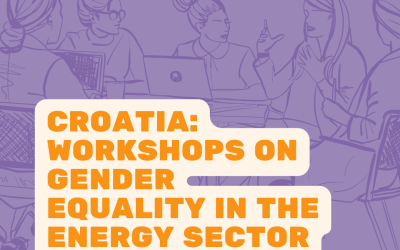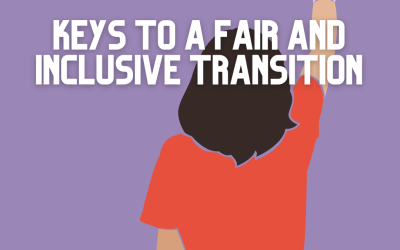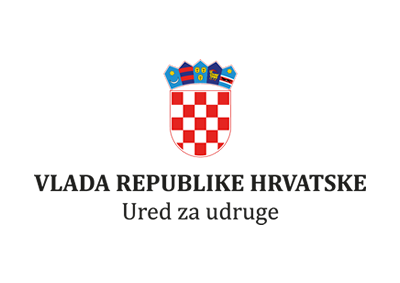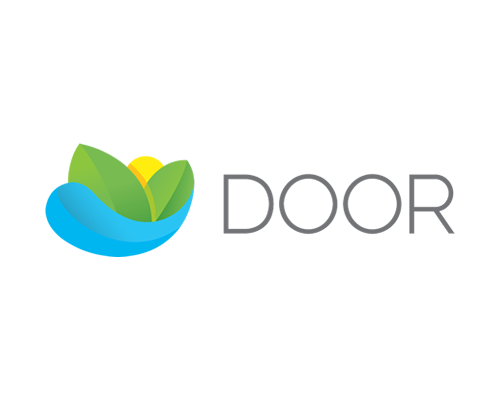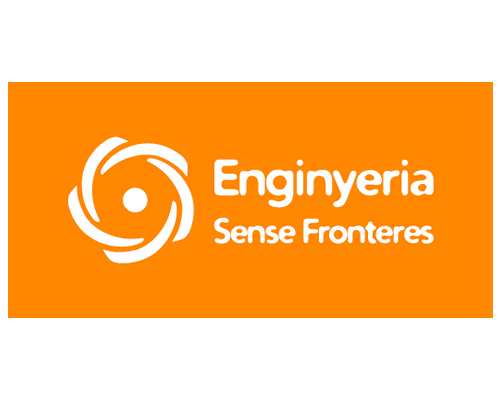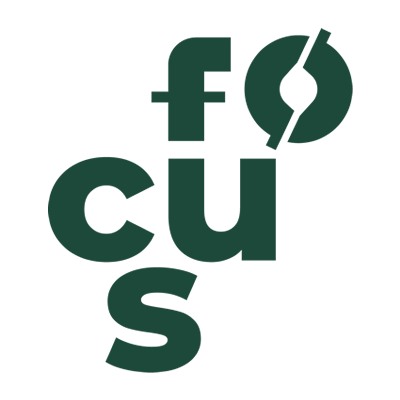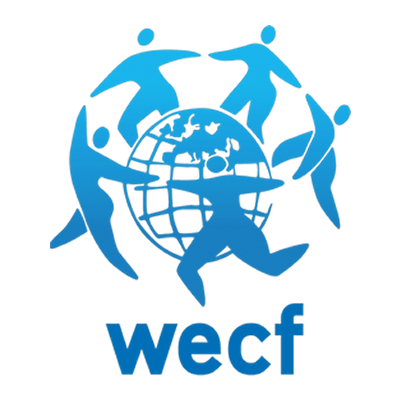On 27 April 2024, as part of the EUWES project, WECF Germany held a workshop entitled Diversity, Equity, and Inclusion (DEI) in Energy Communities: Strategies for a Transformative Future. Dàmir Belltheus Avdic from the Institute for Climate Protection, Energy and Mobility (IKEM) was a co-presenter. The workshop took place during the 10th anniversary of the Bündnis Bürgerenergie (Citizens’ Energy Alliance) in Berlin.
In this workshop, the question was raised how energy communities as part of the private sector can be made more socially equitable and diverse in order to reach different target groups, review privileges and break down structural barriers. The workshop is part of our capacity-strengthening series, in which each partner organisation will organise a total of 6 training sessions for stakeholders, women and students in the energy sector.
Using a theoretical input, we discussed the concepts of DEI, intersectionality and allyship. A DEI approach for energy transition projects and energy companies is essential to address energy democracy and energy justice – because structures are only truly just if they provide different target groups with an opportunity for participation and representation. Energy communities offer citizens an important platform to actively participate in the energy transition by giving them a say in energy production and supply. Overall, diversity can increase profitability, reduce risk behaviour and environmental impact, and promote sustainable and innovation-friendly structures. An intersectional-feminist energy system now considers aspects such as barriers to gainful employment, equitable distribution of care work, representation and rights for different social groups, access to energy resources and infrastructures and calls for the restructuring of a patriarchal economic order in the field of energy supply. This means that the prevailing, white, heteropatriarchal power relations are critically questioned and a decentralised, socially just energy transition is pursued in which all people have equal voices and rights.
After a theoretical introduction, WECF and the participants looked at best practices and tools that energy communities can use to attract more members from diverse backgrounds. For example, IKEM has published The Infographic Energy Transition Colouring Book and the Gender Equity Toolkit – accessible materials that can inform citizens about the energy transition and/or gender equity in a playful way. Examples of best practices include the energy solidarity prices of the foundation Alltagsheld*innen and Fair for Children e.V., which was designed to provide financial support for single parents in the energy crisis.

In an interactive part of the workshop, initial visions and ideas were jointly developed on how energy communities can be made more diverse in the future and transformed accordingly. Regarding communication for and mobilisation of new members, one of the issues addressed was the need to reach additional allies outside of one’s own bubble. In the past, a pattern emerged that social tasks within energy communities are often taken on by women and female-socialised people, while technical tasks are taken on by men. A first step is to break down this pattern, carry out a privilege check and break with gender stereotypes and internalised behaviours within energy communities. In terms of material resources, there is a need to design spaces and offices that meet different needs, e.g. in terms of accessibility, gender-nonconforming toilets, and retreat areas. To counteract class differences and involve people with low incomes, an energy community can introduce the principle of solidarity-based business shares.
In addition to the workshop on 27 April, WECF addressed the issue of a diverse and gender-equitable energy transition and presented a fictitious example of a feminist energy cooperative in an impulse paper. For more impulses have a look here (in German): FES impuls | Energiewende = Gerechtigkeitswende. Ein Blick über den Quotenrand hin zur feministischen Vision
And if you don’t want to miss any news about the ongoing activities of WECF in frame of the EUWES project, join our e-mail group: https://docs.google.com/forms/d/e/1FAIpQLSeJ5s2DyzyN92t2EIvkDgTLOWy93uB_mYqFcOdJTH9JSlNAzg/viewform
Regular updates on the EUWES project are shared here; members of the group are also welcome to share information on events related to gender and energy happening in Germany, vacancies or trends in the energy sector.

